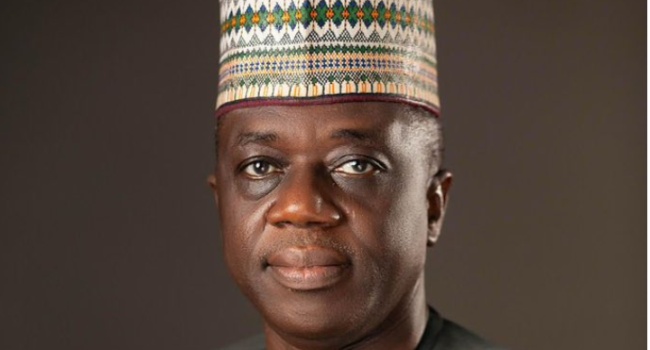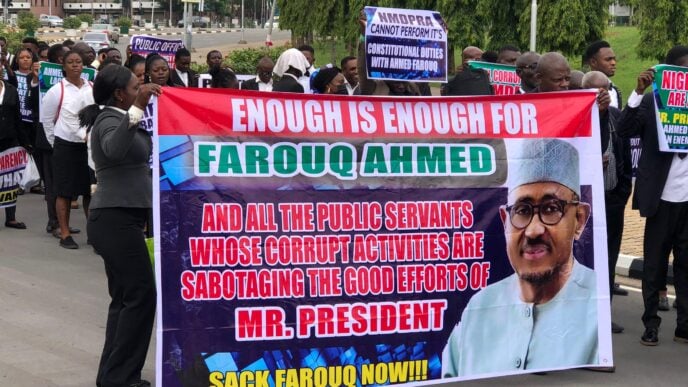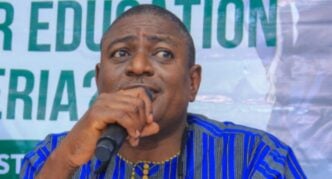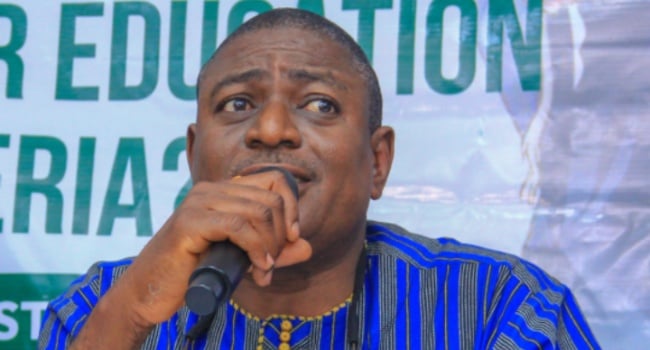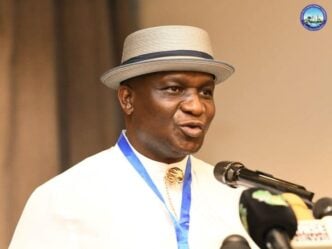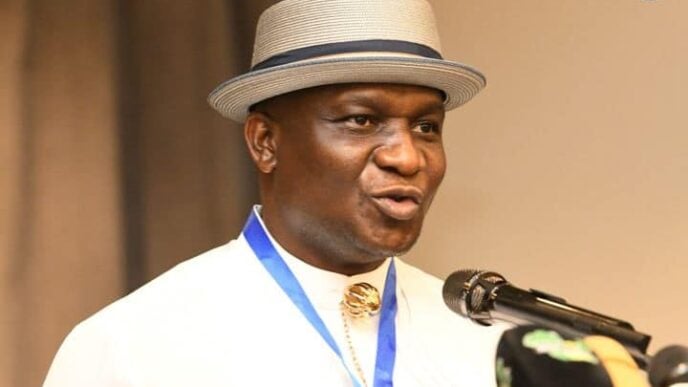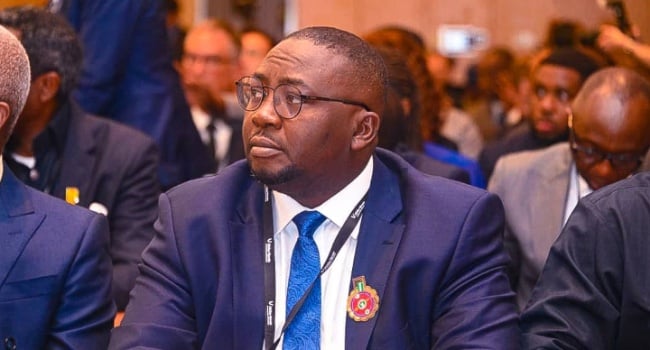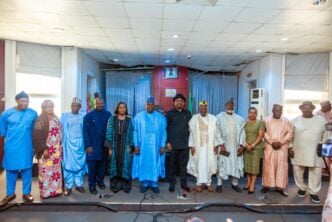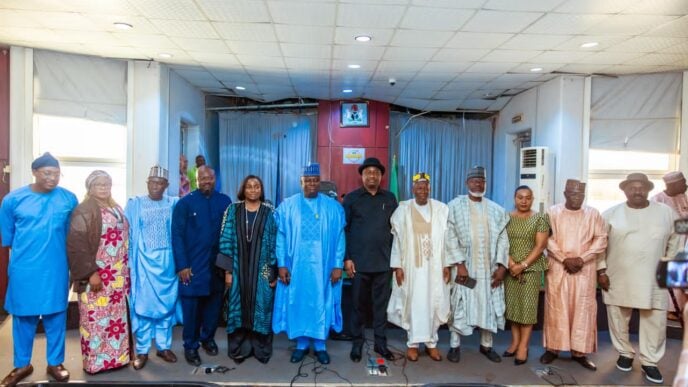Shamseldeen Ogunjimi, the accountant-general of the federation, says Nigeria must prioritise fiscal prudence and put an end to inefficiency.
Ogunjimi spoke on Tuesday in Abuja at the national conference on public accounts and fiscal governance, themed ‘Fiscal Governance in Nigeria: Charting a New Course for Transparency and Sustainable Development’.
Ogunjimi said the government is consolidating efforts towards sustainable economic growth, fiscal responsibility and institutional reform.
He said the fundamental principle in a democratic system is that those who value public resources must be accountable to the people.
Advertisement
Ogunjimi said the national assembly’s public account committees, as mandated by its constitution, serve as a critical watchdog in ensuring that public funds are expended efficiently and transparently.
“We are custodians of public trust and stewards of fiscal discipline. When it functions optimally, our public financial management system serves not just as an accounting tool, but as a reflection of our national values, prudence, integrity, and service,” he said.
“Yet, we must admit that our journey towards full transparency and accountability has been inconsistent. Thus, we remain in audit compliance, procurement processes, budget execution, and institutional capacity.
Advertisement
“In the face of increasing economic pressures, rising debt obligations, revenue leakages (thank God for the revenue bill) and global economic volatility, Nigeria can no longer afford fiscal inefficiencies.
“Every naira we misuse is denied to public schools, hospitals, security, and other essential services. Now, more than ever, the nexus between fiscal governance and national development is clear in our policy choices.
“We must move beyond post-mortem audits to a system emphasising preventive controls, real-time monitoring, and digital transparency.
Ogunjimi called for the timely publication of audited accounts by ministries, departments, and agencies.
Advertisement
He also pushed for the full implementation of the auditor-general’s recommendations, adequate funding and capacity building for audit institutions, and the deployment of technology and e-governance tools to reduce manual interference in audit processes.
‘AUDIT REPORTS SHOULD TRIGGER SANCTIONS’
“We must also rethink the core tone of impunity. Audit reports should not gather dust in legislative chambers. They should trigger action, reforms and, where necessary, sanctions,” he said.
“Fiscal accountability is a shared responsibility. It requires a robust collaboration between the executive, the legislature, the auditor-general, the civil society, the media, and the citizens.
Advertisement
“Our mission must be clear. In a Nigeria where public funds are not only accounted for but also used efficiently to meet the needs of the people, the future will seek courage, courage to pressure, reform and act.
“Let us work away with clear action points. What are the points? First, mechanisms to enforce audited recommendations, timelines for submission of public accounts, reforms to laws and regulations that ensure our fiscal transparency, and strategies to empower citizens before they need to comment on accounts.
Advertisement
“Public accounts and fiscal governments are the backdrop of effective financial management. Strengthening these areas is not merely an administrative requirement but a national imperative.”
He said the office of the accounting-general of the federation “remains firmly committed” to supporting accountability, prudence in resource utilisation, and timely financial reporting as entrenched in Nigeria’s public financial management laws and global best practices.
Advertisement
The accountant-general said enhanced transparency and accountability, technology-driven public financial management must be prioritised to reposition the nation’s fiscal background for the future.
He also called for the strengthening of institutional capacity, sustainable fiscal policy for inclusive growth, and inter-agency cooperation.
Advertisement
“In collective responsibility, the task of transforming Nigeria’s fiscal governance is not the sole responsibility of the government. It requires the active participation of the private sector, the civil society, the media, and every Nigerian citizen,” he said.
He said public officials must adhere to the highest standards, and fiscal decisions must be made with the next generation in mind.
Shaakaa Chira, the auditor-general of the federation, said Nigeria, like many other nations, is mitigating complex economic challenges like rising public debt and inflation, revenue shortfall, governance gap, and growing demands for public accountability.
This, he said, calls for fiscal governance and accountability in the ecosystem.
Chira said the conference’s theme speaks directly to the core of the nation — the health of the economy and the hopes of millions of Nigerians who desire transparent and accountable governance.
